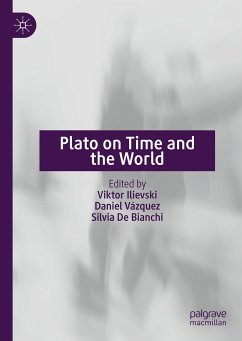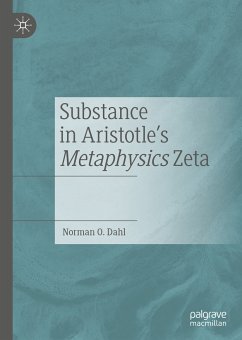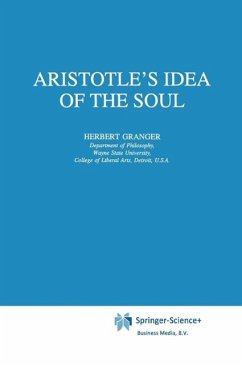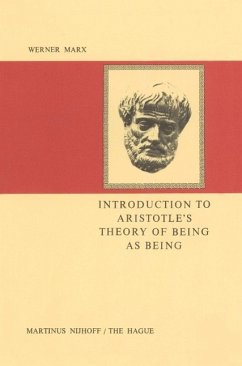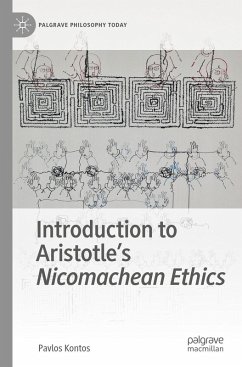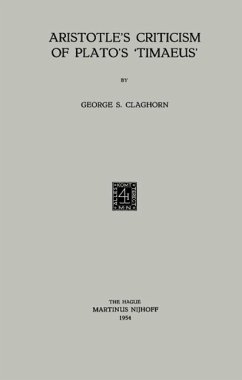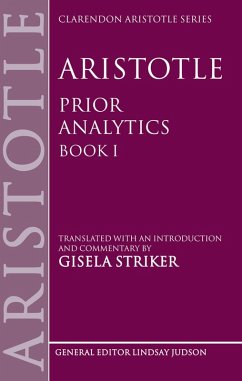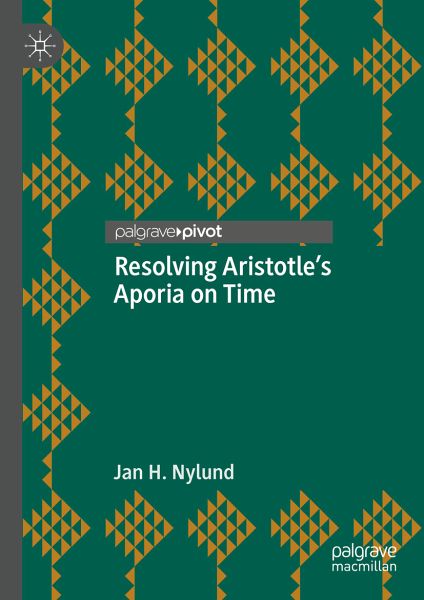
Resolving Aristotle's Aporia on Time (eBook, PDF)
Versandkostenfrei!
Sofort per Download lieferbar
28,95 €
inkl. MwSt.
Weitere Ausgaben:

PAYBACK Punkte
14 °P sammeln!
This book argues that Aristotle's aporia on time in the Physics figures both as an aporia in the subjective sense of a mental state of perplexity and in the objective, textual sense of a contrast between opposing views.First the book seeks to precisely identify what constitutes Aristotle's aporiai (or aporetic contrasts) on time and then to assess them from the viewpoint of Aristotle's five chapters on time as well as the book of Physics as a whole. By such a procedure the claims in the aporiai can, on the one hand, be assessed to find out to what extent they should be accepted, rejected or so...
This book argues that Aristotle's aporia on time in the Physics figures both as an aporia in the subjective sense of a mental state of perplexity and in the objective, textual sense of a contrast between opposing views.
First the book seeks to precisely identify what constitutes Aristotle's aporiai (or aporetic contrasts) on time and then to assess them from the viewpoint of Aristotle's five chapters on time as well as the book of Physics as a whole. By such a procedure the claims in the aporiai can, on the one hand, be assessed to find out to what extent they should be accepted, rejected or somehow modified and, on the other, how the aporiai function as a means to provoke new thought and insight in regard to the precise nature of Aristotle's understanding of time.
First the book seeks to precisely identify what constitutes Aristotle's aporiai (or aporetic contrasts) on time and then to assess them from the viewpoint of Aristotle's five chapters on time as well as the book of Physics as a whole. By such a procedure the claims in the aporiai can, on the one hand, be assessed to find out to what extent they should be accepted, rejected or somehow modified and, on the other, how the aporiai function as a means to provoke new thought and insight in regard to the precise nature of Aristotle's understanding of time.
Dieser Download kann aus rechtlichen Gründen nur mit Rechnungsadresse in A, B, BG, CY, CZ, D, DK, EW, E, FIN, F, GR, HR, H, IRL, I, LT, L, LR, M, NL, PL, P, R, S, SLO, SK ausgeliefert werden.





